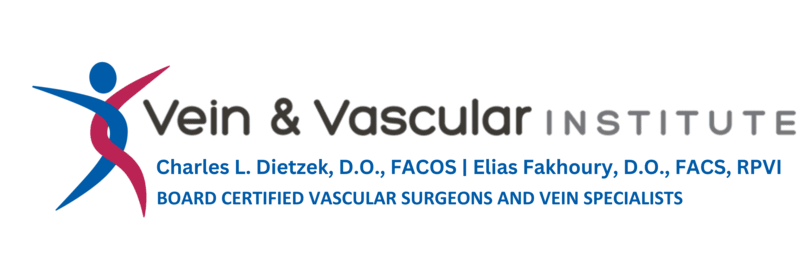Have you noticed small red or blue veins on your legs? The most likely culprits are varicose or spider veins. They can undermine your self-confidence and even cause discomfort. You probably know someone who has mentioned undergoing sclerotherapy to treat problems with these vessels. Understanding the procedure and determining if you are a good candidate are important steps preceding a visit to a vein clinic for a consultation.
What Exactly Is Sclerotherapy?
Up to 25 percent of U.S. men and 40 percent of women experience issues with veins found in the lower legs, the University of Virginia Health System reports. Sclerotherapy is the most-used New Jersey vein treatment for spider and small varicose veins. During this procedure, vascular surgeons use a very small needle and inject a liquid specially made to irritate problem blood vessels.
Sclerotherapy is considered an outpatient procedure. Once the injected sclerosing chemical starts to harden, the varicose or spider vein begins to collapse and eventually closes off, according to the University of Chicago Medicine. Adjacent veins pick up the circulatory workload, and the targeted vein fades. Most patients experience minimal bruising or pain if any.
The use of sclerotherapy dates to the 1930s. This vein treatment can get rid of up to 80 percent of selected veins in just one session, the Cleveland Clinic says, and more than 90 percent of patients respond to the procedure. In some circumstances, vascular surgeons also utilize ultrasound to find damaged vessels before administering injections. Because these injections allow a surgeon to treat a vessel and underlying skin veins called reticular, sclerotherapy remains the standard for leg veins.
Who Is a Good Candidate for Sclerotherapy?
An important step for anyone considering treatment for spider or small varicose veins is a consultation at a vein clinic to determine if the individual would be a good candidate for sclerotherapy. South Jersey vein doctors say the best candidates are patients who:
- Are between 30 and 60
- Have realistic expectations
- Can follow pre- and post-op instructions
- Have a good general health
- Have never experienced a serious blood clot
- Realize that sclerotherapy will not prevent new veins from forming
- If recently pregnant, are three months post-delivery
Surgeons at a vein clinic consider the procedure unsuitable for patients who:
- Have experienced a prior blood clot considered extreme
- Currently have a blood clot or a disorder that causes blockages
- Are undergoing anticoagulant therapy
- Remain bedridden
- Are pregnant or are breastfeeding
- Seek treatment for a vein that might one day be used for a bypass
Ready to proceed? Contact the Vein & Vascular Institute today to schedule a consultation and learn about all the vascular treatment options for your circumstances.
